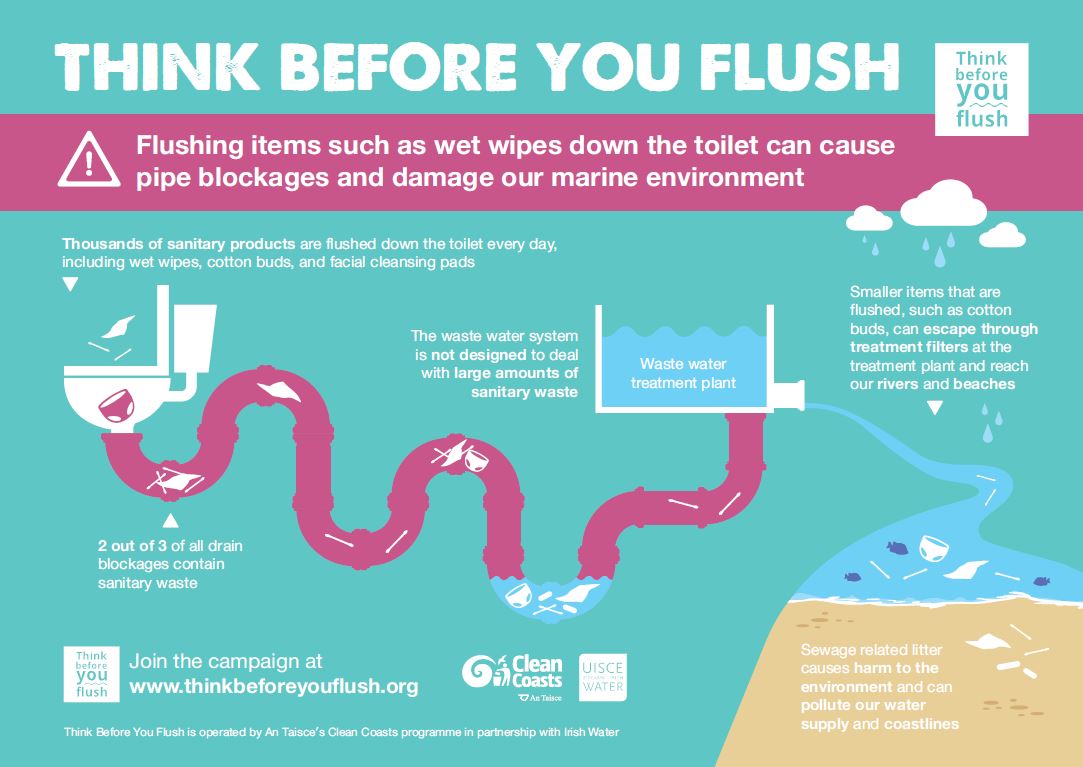
A call of nature is a natural call which has to be answered in a designated sanitized place.
Having said that, compared to developed countries, third-world countries do not give that much importance to providing hygienic toilet facilities.
Having worked in an office without basic Sanitation facilities – where the only available public toilet was located a mile away. Also working on a client’s under-construction sites with absolutely no toilet facilities specifically for women, limiting water intake was the only solution & not but the least while travelling many times holding up bladder while stuck in heavy traffic on highways with scarce public toilets are few of my personal experiences for lack of sanitation in the Maximum City.
However such experiences faced by the people living in the Maximum City are fewer contrary to rural areas where Sanitation provision is a luxury.
Sanitation is a human right. Lack of access to sanitation has an impact on health, dignity & safety. Information, education & communication focus is majorly required to bring about a change in people of Rural areas that Sanitation is a Basic need.

This is particularly true for women & girls in developing countries, who lose privacy & face the shame of having to defecate in public. Attacks or harassment near or in areas where women defecate in the open is common. It’s an unbroken cycle of disease, poverty & even violence. Clean & safe toilets are fundamental for health.
Medical studies have shown that 1 gram of human faecal matter relieved in the open can be the cause of 50 communicable diseases, harbouring 10 million viruses, 1 billion bacteria, 1000 parasite cysts & 100 worm eggs.
To draw attention to the global sanitation crisis World Toilet Organization in 2001 introduced an annual international observance day on 19th November as World Toilet Day (WTD). The day focuses on the importance of proper sanitation & advocates for access to clean & safe toilets for all.
The escalated demand to build a toilet requires the escalated provision of water supply, as water conservation is a necessity of the present to secure the future thus the introduction of water-efficient toilets is highly required to meet the sustainable development goals.
By 2030, the sustainable development goals aim to reach everyone with sanitation, & halve the proportion of untreated wastewater & increase recycling & safe reuse. For that to be achieved, we need everyone’s poo to be contained, transported, treated & disposed of in a safe & sustainable way.
As Dalai Lama says ‘Change in the world always begins with an individual who shares what he or she has learned and passes it on to others’, the need of the hour is to magnify the issue & spread the message out as much as possible leading to action.
Wherever you are on World Toilet Day make it about Toilet.
Let the awareness flow via memes, posters & messages.
Fast Facts on Sanitation in India
- On October 2nd, 2014, Prime Minister Narendra Modi launched the Swacch Bharat Abhiyan with the objective of providing toilets & sanitation and running water facilities to all the people of India.
- Delhi has a toilet museum Sulabh International Museum of Toilets traces the history of toilets around the world & aims at making people aware of sanitation problems.
- Nadia district in West Bengal is the only district declared as the first ‘open defecation-free place’ in the country.
- India has the world’s longest queues for toilets.
- More people in India have a mobile phone rather than a toilet.
- eToilet is India’s first electronic public toilet. Incorporates full cycle approach in sustainable sanitation by integrating convergence of electronics, mechanical, and web-mobile technologies thereby controlling entry, usage, cleaning, exit & remote monitoring capabilities with multiple revenue options.
- Pulluvilla a village in Kerala has the world’s first toilet which uses technology that turns waste into fertilizers, generates power & even makes potable water (fit or suitable for drinking)



